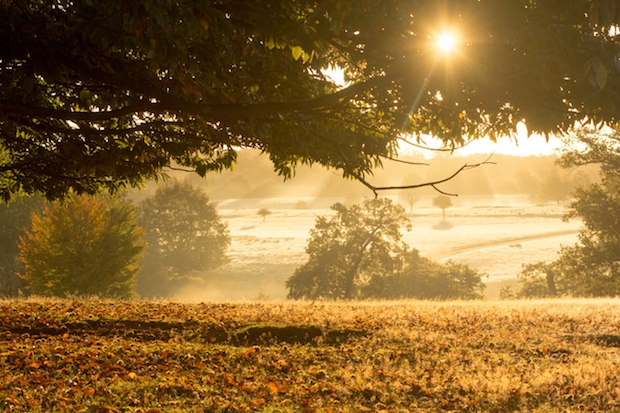Last month, an article appeared in The Telegraph under the headline ‘Head of Wildlife Trust faces call to resign over hunting past’. An alternative headline could have been: ‘Anti-hunting activists have whole worldview turned upside down’, because that is really the only story here. The hunting past of Mike Bax, head of the Kent Wildlife Trust, is simply proof of what every pragmatic conservationist already knows: that hunting, shooting and fishing go hand in hand with conservation.
Mr Bax has been a dedicated member of the Kent Wildlife Trust for 30 years. During that 30 years he has also hunted with a pack of beagles, which, if you don’t know, are small hounds that prior to the hunting ban would gamely hunt hares. Beagling is one of the most accessible forms of hunting there is; there is no need for an expensive horse because everyone follows on foot, and there are packs all over the country trail hunting within the law. Mr Bax saw no contradiction between following beagles and being a dedicated conservationist because there isn’t one to see.
The reason this is so paradigm-altering for the anti-hunting activist is that they like to see the world in black and white. There is good (them), and there is bad (meat eaters, livestock farmers, hunters and so on). But the countryside is not black and white, it is a glorious technicolour of paradoxes and apparent contradictions, and is all the more wonderful for it. It is full of wildlife but it is not wild. It is natural and yet entirely manmade. And the conservation of some of its most endangered species and habitats can be encouraged by the shooting and hunting of other, more numerous species.
This isn’t speculation, this is demonstrable fact. A study undertaken in 2003 compared the conservation work undertaken on farms belonging to landowners who shot or hunted with farms belonging to landowners who did not. The hunting, shooting farmers planted more trees, maintained more woodland and managed more hedgerow than their non-hunting colleagues.
That shouldn’t come as a surprise. Good game management benefits so many non-quarry species, as well as keeping quarry populations in good health. The hedgerows, spinneys and thickets that are so beloved and so typical of the British countryside are horribly inefficient uses for agricultural land, but they were carefully cultivated by landowners who wanted something to hunt and shoot. Today the government might pay a farmer to keep these features in place, but when subsidies are equalised, farmers who hunt and shoot still maintain more of them than those who don’t.
These habitats also benefit the song birds and small mammals that would otherwise struggle to cling on in our increasingly overworked landscape. The humane and sustainable control of foxes and crows is essential if we want to see ground nesting birds throughout the countryside rather than confined to nature reserves. But all this suggests that the conservation successes of shooting and hunting folks are purely incidental to their desire to shoot and hunt stuff, and that just isn’t right.
Maybe those peddling shock at Mr Bax’s 30 years of conservation work would be a little less shocked had they spent time in the company of real hunting and shooting men and women. Most are every bit as interested in conservation as they are their sport, and many are peerless natural historians. This is why they can make common cause with those who share their enthusiasm for wildlife but not their desire to hunt, and the very best conservation efforts bring such people together.
Alas, none of this has stopped the RSPB’s vice president Chris Packham using his large Twitter following to join the attacks on poor Mike Bax, claiming those who ‘ever found joy in killing wildlife’ should be precluded from employment in conservation. Fortunately the BBC presenter’s views are clearly ignored by the RSPB itself; in the current issue of BBC Wildlife the charity hails gamekeeper Gerald Grey as a ‘Hero’ for his work boosting endangered stone curlews, and their excellent South West director gave an interview over the weekend in which he says he enjoyed beating and shooting in the past.
The problem with the binary, black and white view of the outrage-mongers is that it prevents collaboration between conservationists of different stripes by driving a wedge between those who shoot and hunt and those who don’t – and the only losers are the wildlife.
Liam Stokes is the Countryside Alliance’s head of shooting.






Comments